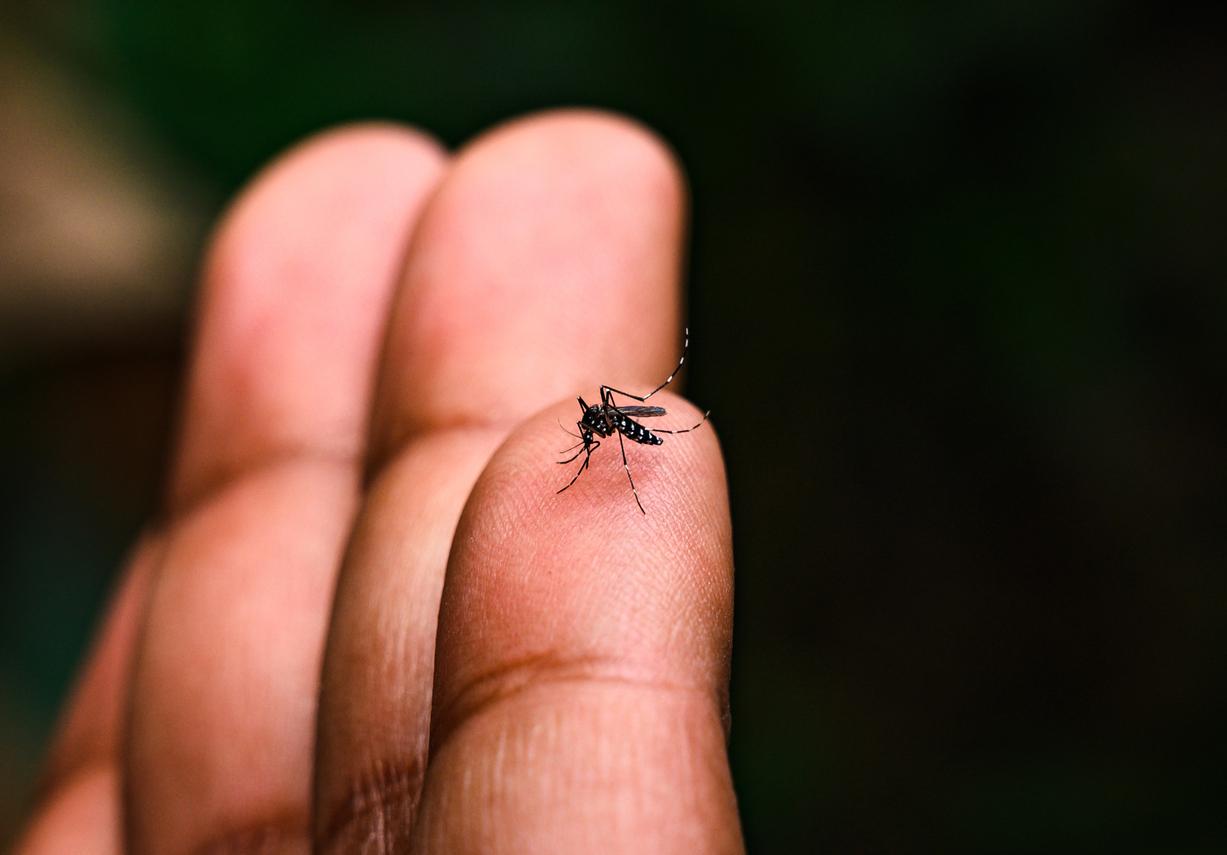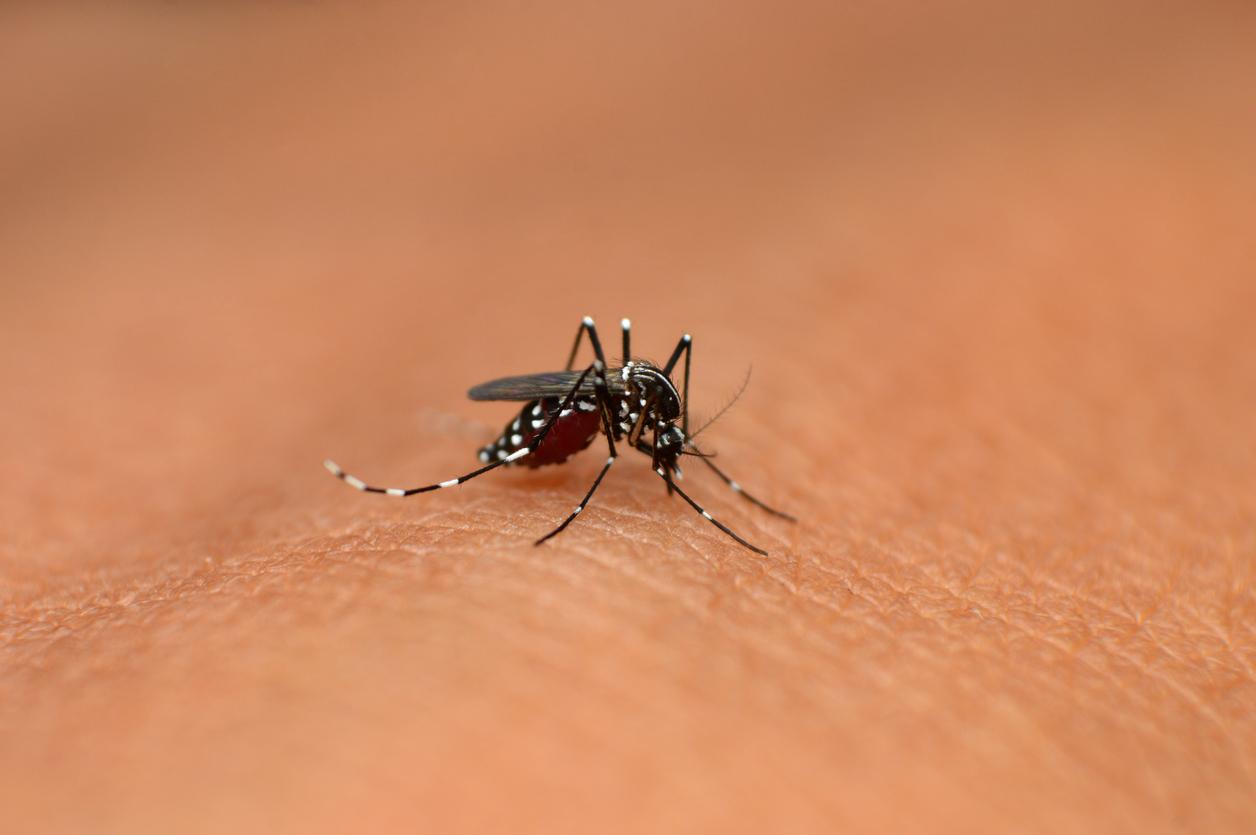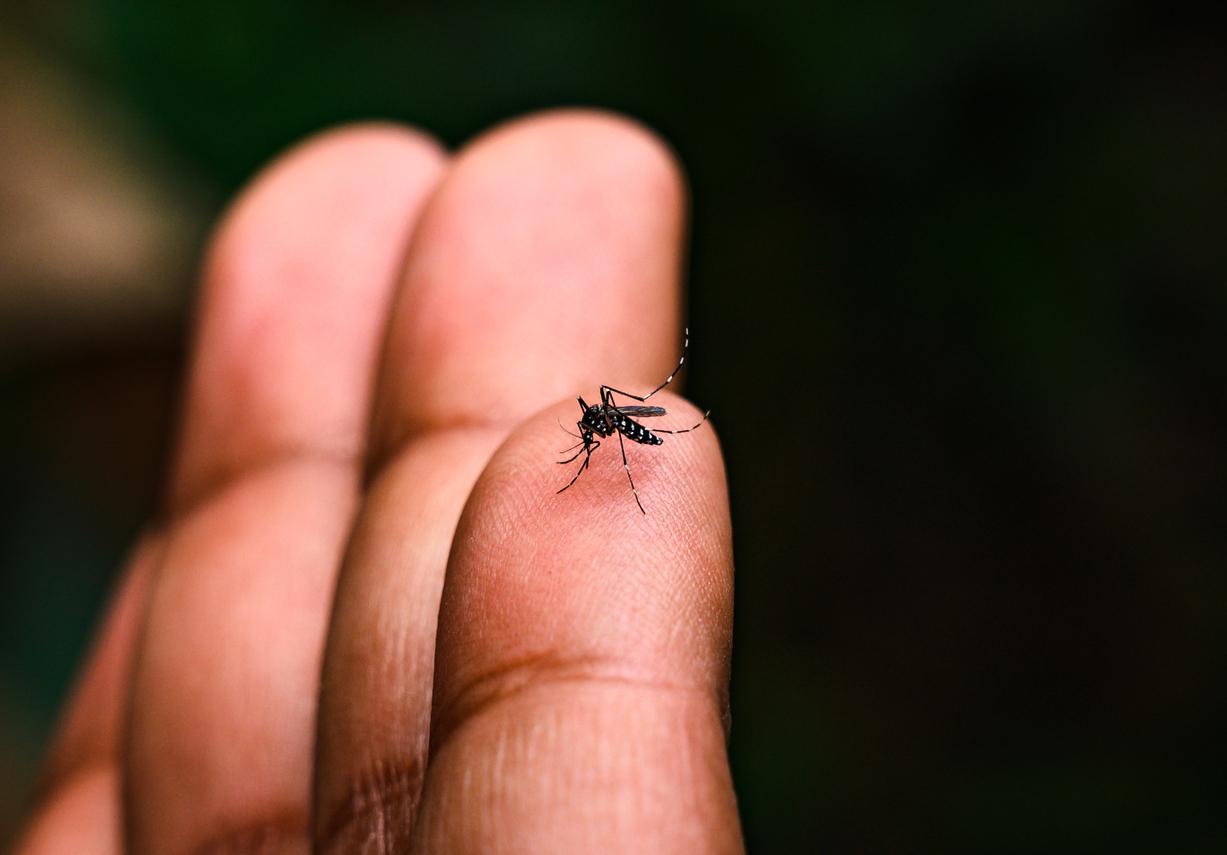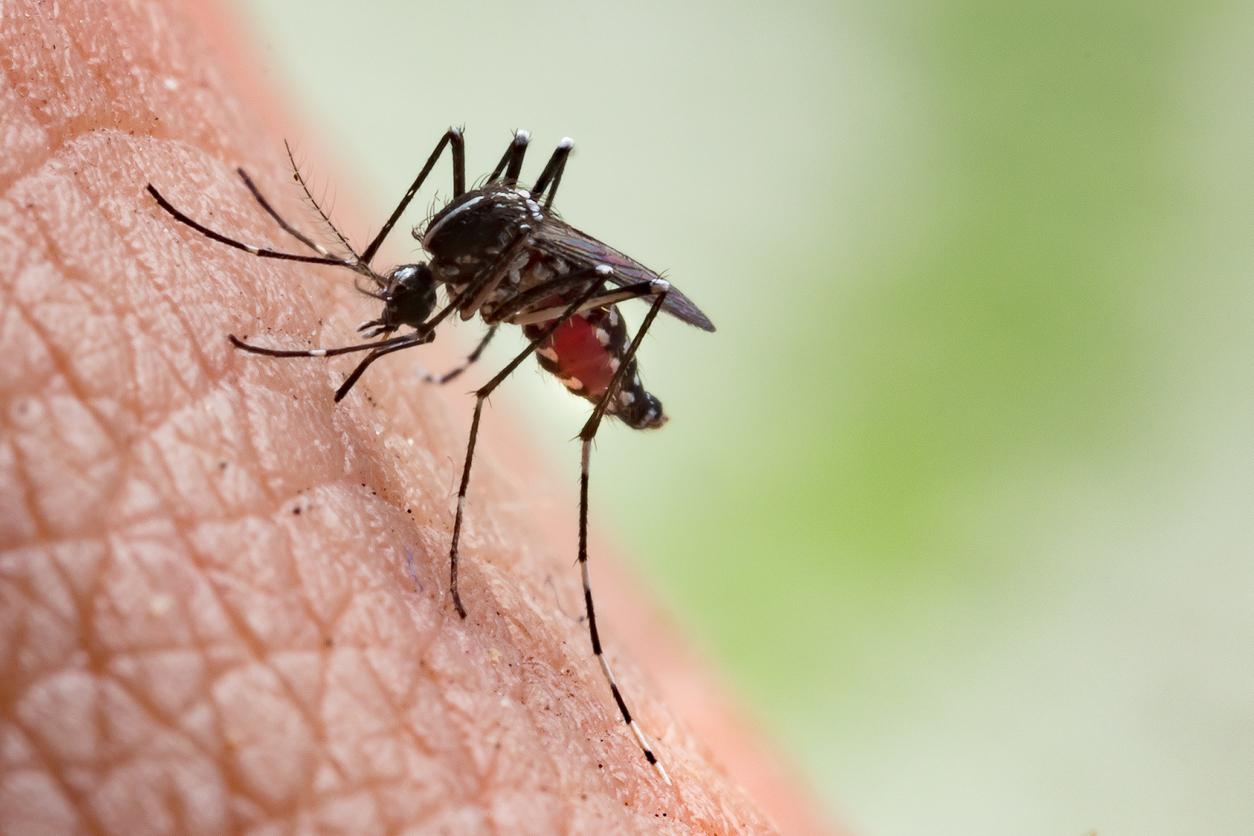It was France 3 Languedoc-Roussillon which unveiled the information this morning: four indigenous cases of the Chikungunyahave just declared themselves in Montpellier.
These would be indigenous cases because people were not returning from a trip, and therefore contracted the virus in metropolitan France. It is in the city center of Montpellier that the tiger mosquito, vector of the virus, would have bitten them.
According to the Hérault prefecture, which confirmed the information from France 3, it would be people from the same family, probably contaminated at the same time and in a common place.
It should be remembered that the transmission of chikungunya cannot be made from person to person, and only involves a bite from a tiger mosquito, which carries the virus. The best control method therefore remains personal protection (mosquito net, repellents, long clothing). Regarding symptoms, the disease causes a sudden onset of fever, headache, stiffness and joint pain.
For the time being, no vaccine nor any treatment has been marketed. Mortality is however only one case in 1000, because in general the patient responds well to symptomatic treatment based on anti-inflammatory drugs and painkillers.
The fear of an epidemic in metropolitan France
In recent years, the Aedes Albopictus has taken up residence on the Mediterranean rim. This is what makes the health authorities fear a development of the virus in our territory.
In Montpellier, a major cleaning of the neighborhood will be launched in the coming hours, to “mosquito” the area and look for possible other cases.
In July 2014, the tiger mosquito was established in 19 departments in the south of France, and in Loire-Atlantique. It was even detected in Vendée last August.
the epidemic stage has also already been crossed in Polynesia, where 59 cases of Chikungunya were reported by the Polynesian Ministry of Health.
Hopefully in France a drop in temperatures as winter approaches could slow down mosquito reproduction and therefore the spread of the virus.
















